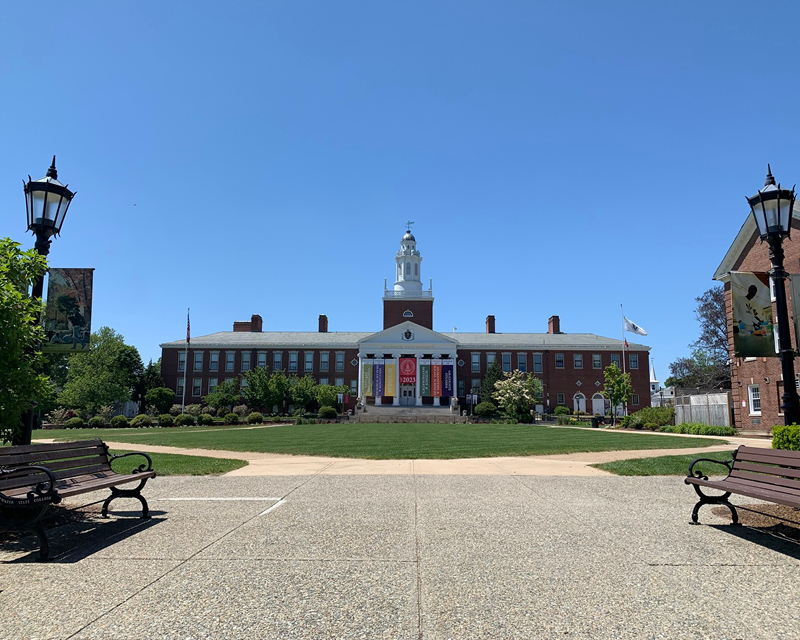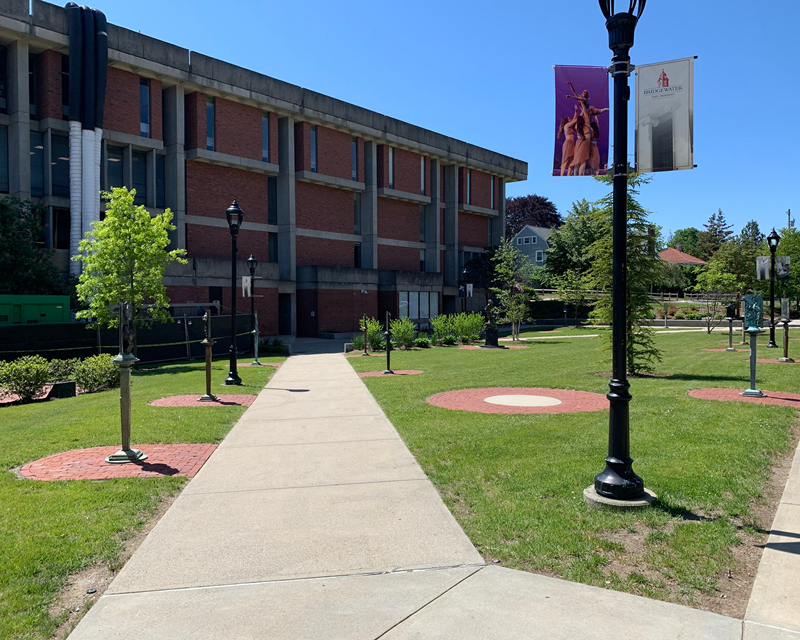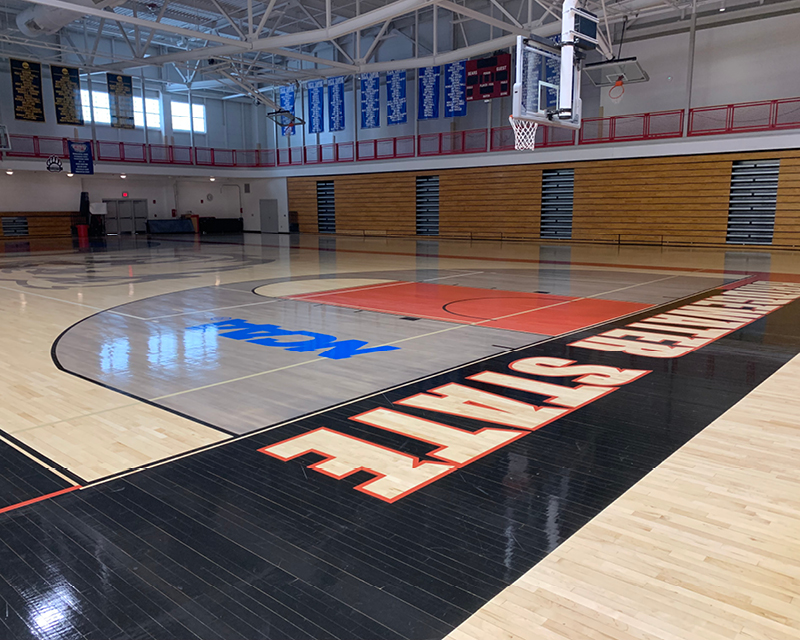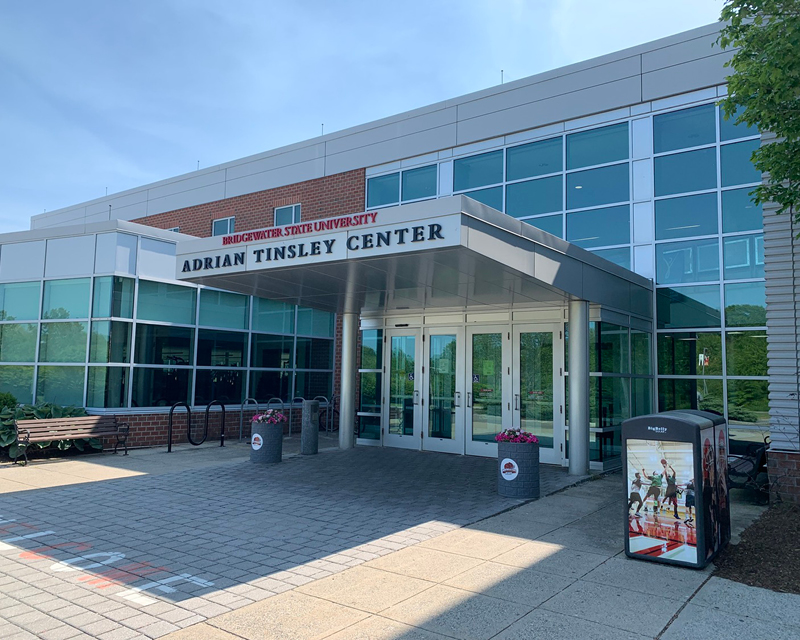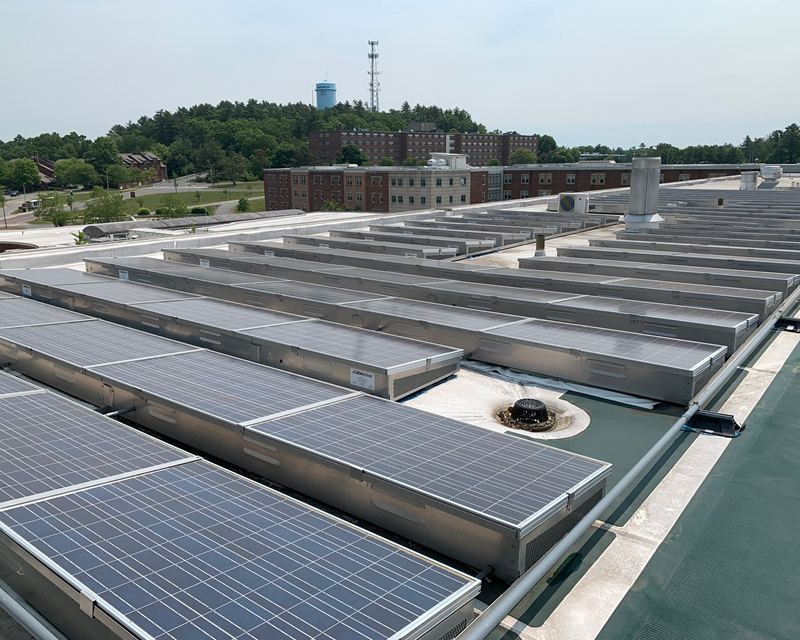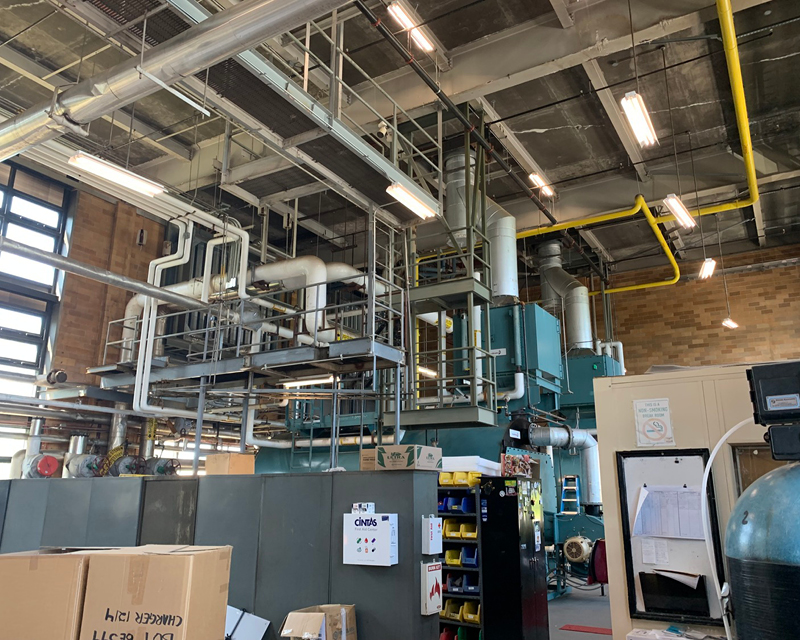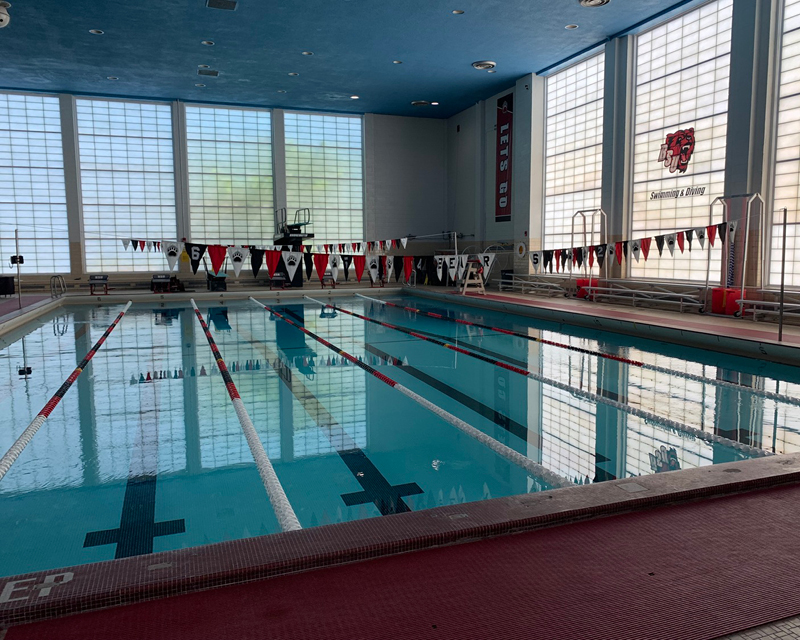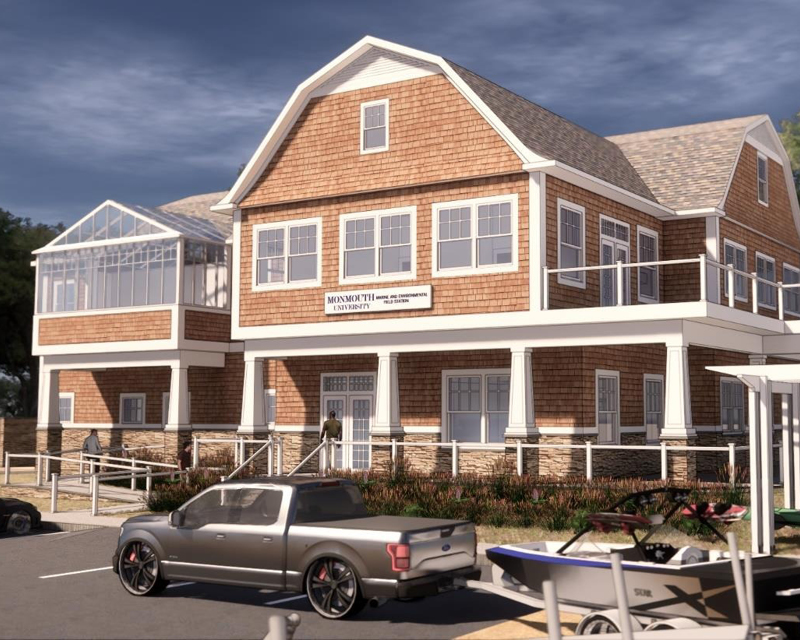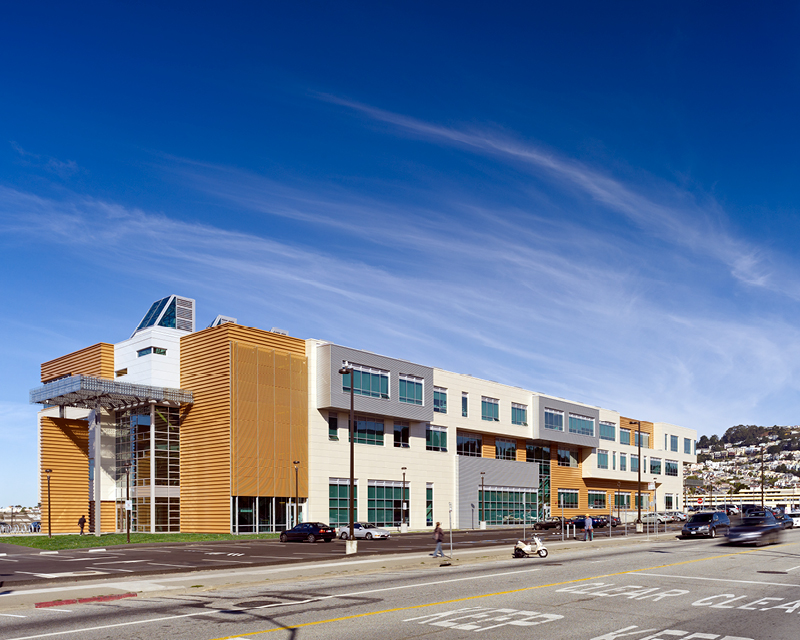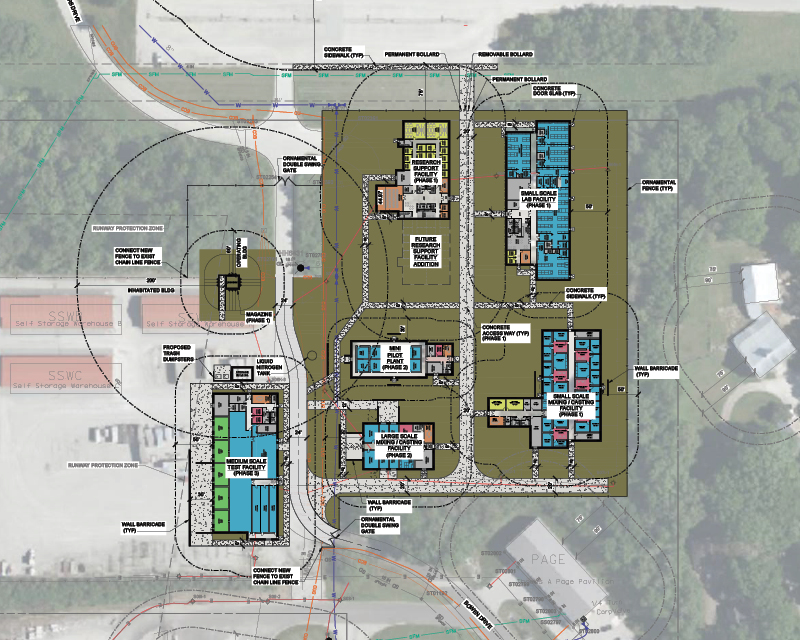STV developed a four-phase, 25-year roadmap to support Bridgewater State University’s goals of significantly reducing operational carbon emissions. The study focused on reducing energy demand and upgrading campus buildings and infrastructure systems to low—or no-carbon alternatives through a phased implementation strategy.
STV led a collaborative planning process, working closely with the Massachusetts Division of Capital Asset Management and Maintenance (DCAMM) and university stakeholders throughout the project. The study evaluated all-electric, air-source, ground-source and geothermal solutions to determine the most effective strategies for campus-wide energy transformation.
Key recommendations include converting existing building hydronic systems to low-temperature hot water and utilizing ground-source bore fields for most buildings. The integration of new and existing campus systems will achieve a cohesive, efficient district approach to energy use and carbon reduction.
STV outlined a phased implementation plan spanning 2025 to 2050, allowing upgrades to be completed as funding becomes available while ensuring minimal disruption to ongoing campus activities.
